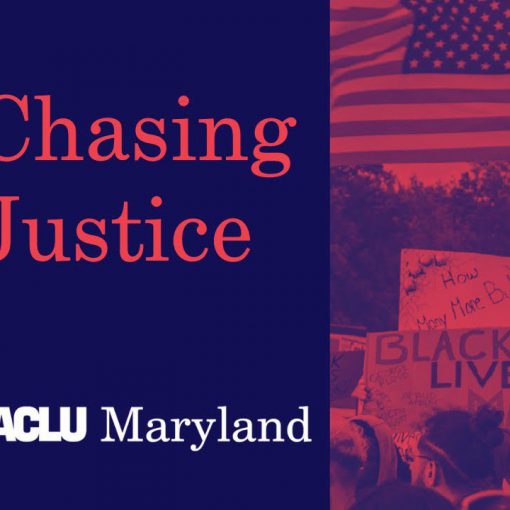Criminal legal reform is at the top of the list for the Biden administration. This comes as no surprise as part of Biden’s presidential campaign platform promised reducing the United States’ unreasonable reliance on incarceration, correctional supervision, and fines and fees associated with the criminal justice system. It is also clear that the basis for the reform should rest on empirical evidence—the numbers—rather than “the way we’ve always done it before.” What does that mean for criminal justice reform? Instead of relying on anecdotal or collective assumptions, policies will be driven by research and studies. This type of research has already led to recent reforms in bail, sentencing, and the death penalty.
One area the Biden administration could apply research and evidence-based reform is prosecutorial charging discretion. Over-policing results in a high number of cases, forcing prosecutors to make charging decisions quickly and with little information. The lack of information poses a higher chance for prosecutors to include “extralegal factors,” like their personal backgrounds and experiences. The Biden administration can support reform in this arena by offering federal funding. Research-based efforts can produce results regarding the accuracy, fairness, and timeliness of prosecutorial charging decisions. With results in hand, jurisdictions will be able to make the necessary improvements and continue to refine their practices.
This approach could also be used to bring legal knowledge and practitioners into smaller, rural, and tribal communities. Based on empirical evidence and following existing processes for recruit-and-retain programs, such as the one in the medical industry, the Biden administration could create an initiative to help recruit and retain lawyers in communities that desperately need them. Similar to the relationship between federal and state governments and medical schools, the government could create a federal initiative that would work with law schools and the bar association to provide educational grants or other financial incentives to law students and other attorneys who commit themselves to working in these underrepresented areas.
While there is not much progress for this reform effort so far, the administration has taken some steps. It has nominated Vanita Gupta to serve as Associate Attorney General and Kristen Clarke to serve as Assistant Attorney General for Civil Rights. Both women have impressive experience fighting for racial and social justice in the criminal legal system. Given their experience and track record, it seems likely they will focus their attention on the reform efforts the Biden administration stressed in their campaign platform and messaging.



